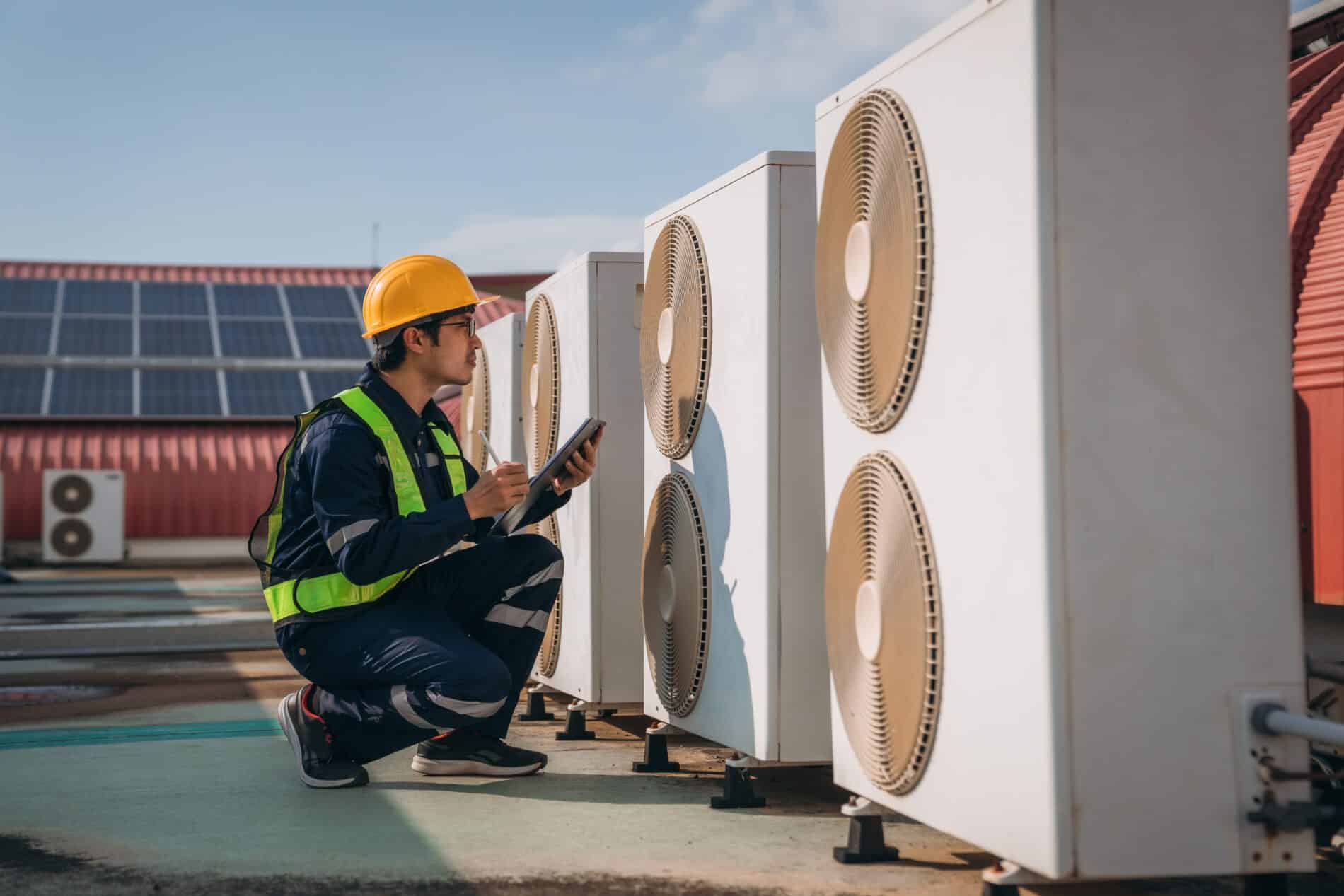Table of Contents
TogglePreventative Maintenance for Your Air Conditioning Systems

Preventative AC Maintenance: Best Tip from AC Repair Garland
Introduction
Maintaining your air conditioning unit is not just about ensuring a cool and comfortable environment; it’s a crucial aspect of preserving the unit’s efficiency and lifespan. This article delves into the world of AC maintenance, emphasizing the significance of preventative AC maintenance measures.
Understanding Preventative AC Maintenance
What is Preventative AC Maintenance?
Preventative AC maintenance involves proactive steps taken to keep your unit in optimal condition. It goes beyond fixing issues; it aims to prevent them, ensuring your AC runs smoothly for years.
Benefits of Regular AC Maintenance
Regular maintenance not only enhances performance but also improves energy efficiency, lowers energy bills, and minimizes the risk of major breakdowns. It’s an investment in the longevity of your cooling system.
Signs Your AC Needs Maintenance
Identifying signs that your AC requires attention is crucial in preventing larger issues. Keep an eye out for unusual noises, poor airflow, and leaks, as these can indicate underlying problems.
Unusual Noises
Clanking, banging, or squealing sounds may be signs of loose or damaged components. Addressing these early can prevent further damage.
Poor Airflow
Weak airflow might result from clogged filters or issues with the ductwork. Regular cleaning and inspections can resolve this problem.
Leaks and Moisture
Leaks around your AC unit or excessive moisture can lead to mold growth. Immediate attention is necessary to prevent health hazards.
DIY Maintenance Tips
Cleaning or Replacing Air Filters
Dirty filters can obstruct airflow and reduce efficiency. Regularly cleaning or replacing them is a simple yet effective DIY maintenance task.
Checking and Cleaning Coils
Dirty evaporator and condenser coils can affect heat exchange. Periodic cleaning ensures efficient heat transfer, improving overall performance.
Clearing Condensate Drains
Clogged drains can lead to water damage. Regularly clearing condensate drains prevents water buildup and potential issues.
Professional AC Maintenance Services
Importance of Professional Check-ups
While DIY maintenance is essential, professional inspections are equally crucial. Experts can identify potential problems that may go unnoticed and provide comprehensive solutions.
Frequency of Professional Maintenance
Scheduling professional check-ups annually is recommended. Regular inspections can catch issues early, saving you from expensive repairs.
Extending AC Lifespan
Proper Usage Tips
Using your AC judiciously and avoiding unnecessary strain can contribute to a longer lifespan. Set optimal temperatures and use energy-saving features.
Seasonal Preparations
Before each season, conduct inspections and cleanings to prepare your AC for the upcoming demands. Seasonal maintenance prevents unexpected breakdowns.
Cost-Effective AC Maintenance
Investing in Quality Filters
Quality filters may cost more initially but contribute significantly to your AC’s efficiency. They trap more pollutants, improving air quality and reducing strain on the system.
Energy Efficiency Considerations
Ensuring your AC operates efficiently not only saves energy but also lowers utility bills. Regular maintenance is an investment that pays off over time.
Common AC Issues and Solutions
Frozen Evaporator Coils
Low refrigerant levels or restricted airflow can lead to frozen coils. Identifying and addressing the root cause prevents recurring issues.
Inadequate Cooling
Several factors, including dirty filters or faulty thermostats, can lead to inadequate cooling. Regular maintenance resolves these issues promptly.
Thermostat Problems
Inaccurate thermostat readings can lead to discomfort. Calibrating or replacing the thermostat ensures accurate temperature control.
Environmental Impact of AC Maintenance
Eco-Friendly Practices
Choosing eco-friendly refrigerants and disposing of old components responsibly minimizes environmental impact. Opt for sustainable practices in your AC maintenance routine.
Responsible Disposal of AC Components
When replacing your AC unit, ensure proper disposal of old components. Many parts can be recycled, contributing to environmental sustainability.
DIY vs. Professional Maintenance – A Comparison
Pros and Cons of DIY Maintenance
While DIY maintenance is cost-effective, it may lack the thoroughness of professional inspections. It’s suitable for basic tasks but may miss potential issues.
Advantages of Professional Services
Professional services offer a range of in-depth assessments and preventive measures. The expertise of professionals in this field ensures that your air conditioning system receives comprehensive care. These services are designed to not only address existing issues but also to proactively prevent potential problems, ensuring the optimal performance and longevity of your AC unit. Whether it’s routine maintenance, troubleshooting, or implementing preventive measures, professionals bring a wealth of knowledge to ensure the efficient and effective functioning of your air conditioning system.
Importance of Regular Check-ups
Avoiding Major Repairs
Regular check-ups catch minor issues before they escalate, preventing major breakdowns and costly repairs.
Enhancing Energy Efficiency
Well-maintained AC units operate more efficiently, consuming less energy and contributing to a greener environment.
AC Maintenance During Different Seasons
Spring Preparations
Clean coils, replace filters, and check refrigerant levels to ensure your AC is ready for the upcoming warm season.
Summer Upkeep
Regularly clean filters, check thermostat settings, and inspect ductwork to keep your AC performing optimally during the hot months.
Fall and Winter Considerations
Prepare your AC for the off-season by cleaning coils, covering the unit, and ensuring all components are in good condition.
Preventative AC Maintenance by AC Repair Garland
In conclusion, the keys to maintaining a healthy and efficient AC unit lie in regular maintenance and preventative measures. By investing time and effort into caring for your cooling system, you not only extend its lifespan but also enjoy consistent performance and lower energy bills. It is essential to prioritize these activities to ensure the optimal functioning of your AC unit and reap long-term benefits in terms of both performance and cost efficiency.
FAQs
How often should I replace my AC filter?
It’s recommended to replace your AC filter every 1-3 months, depending on usage and filter type.
Can I perform maintenance on my AC without professional help?
Basic maintenance tasks like cleaning filters can be done DIY, but professional check-ups are crucial for comprehensive care.
Is it normal for my AC to make some noise?
Low humming is normal, but loud or unusual noises may indicate underlying issues that require attention.
What is the ideal temperature setting for my AC?
Aim for a temperature between 72-78°F for optimal comfort and energy efficiency.
How can I improve the energy efficiency of my AC?
Regular maintenance, proper usage, and investing in energy-efficient components contribute to improved energy efficiency.

